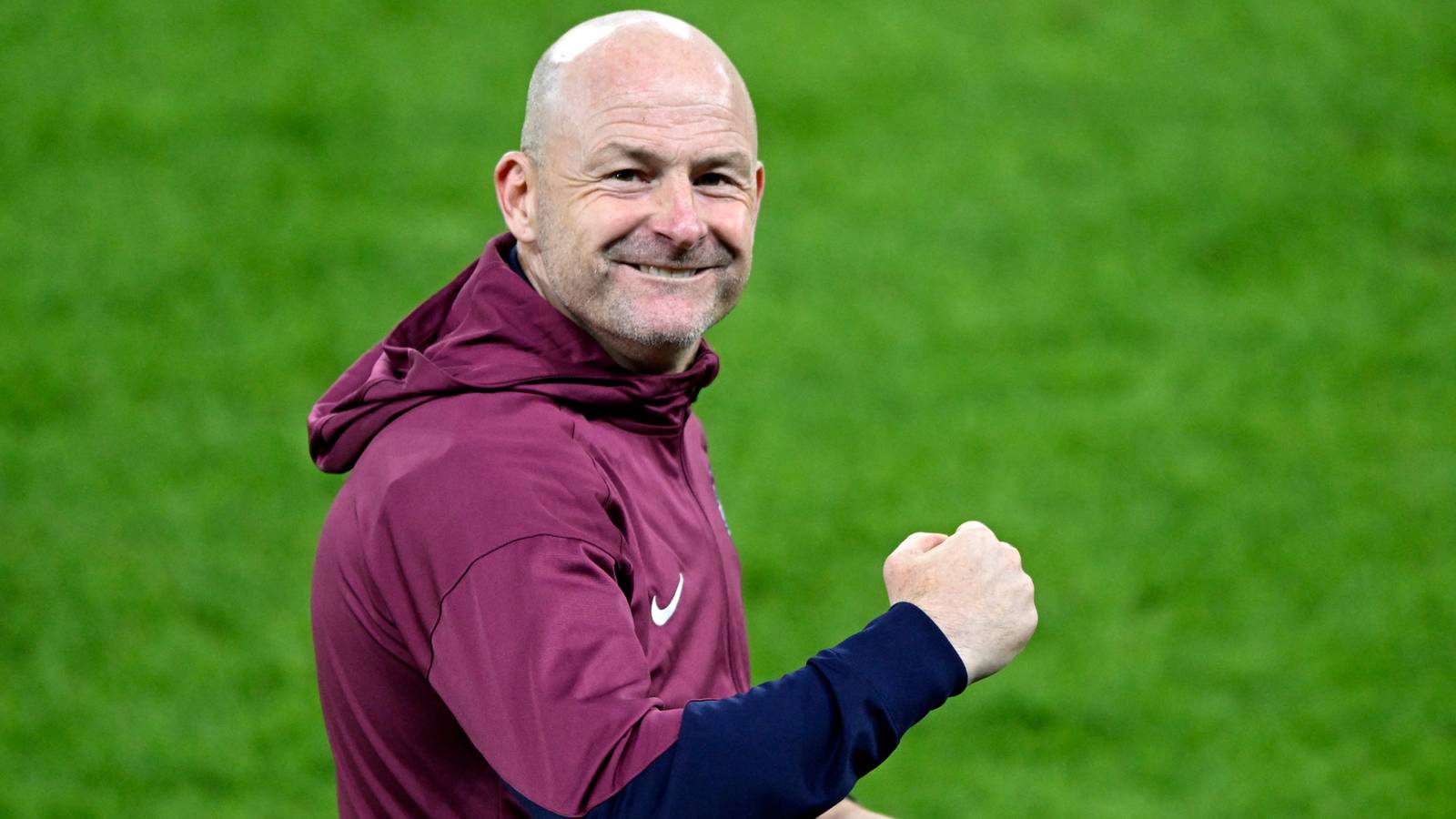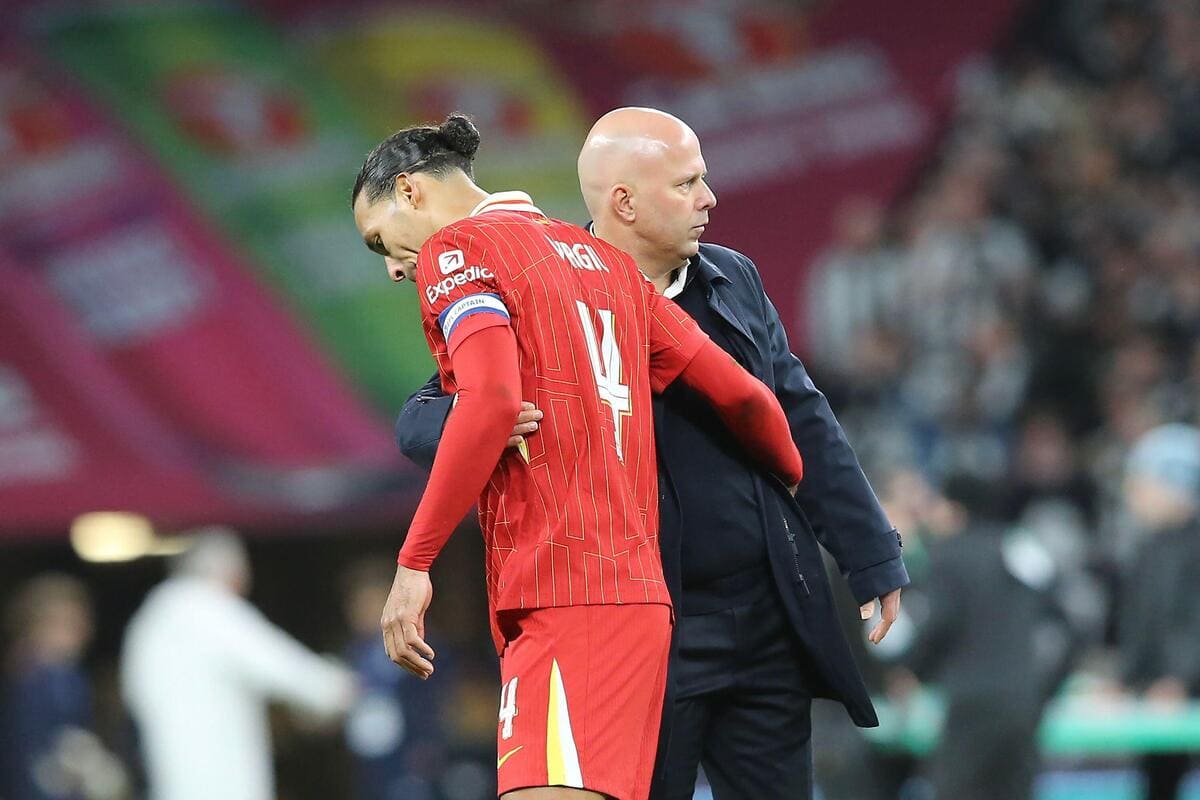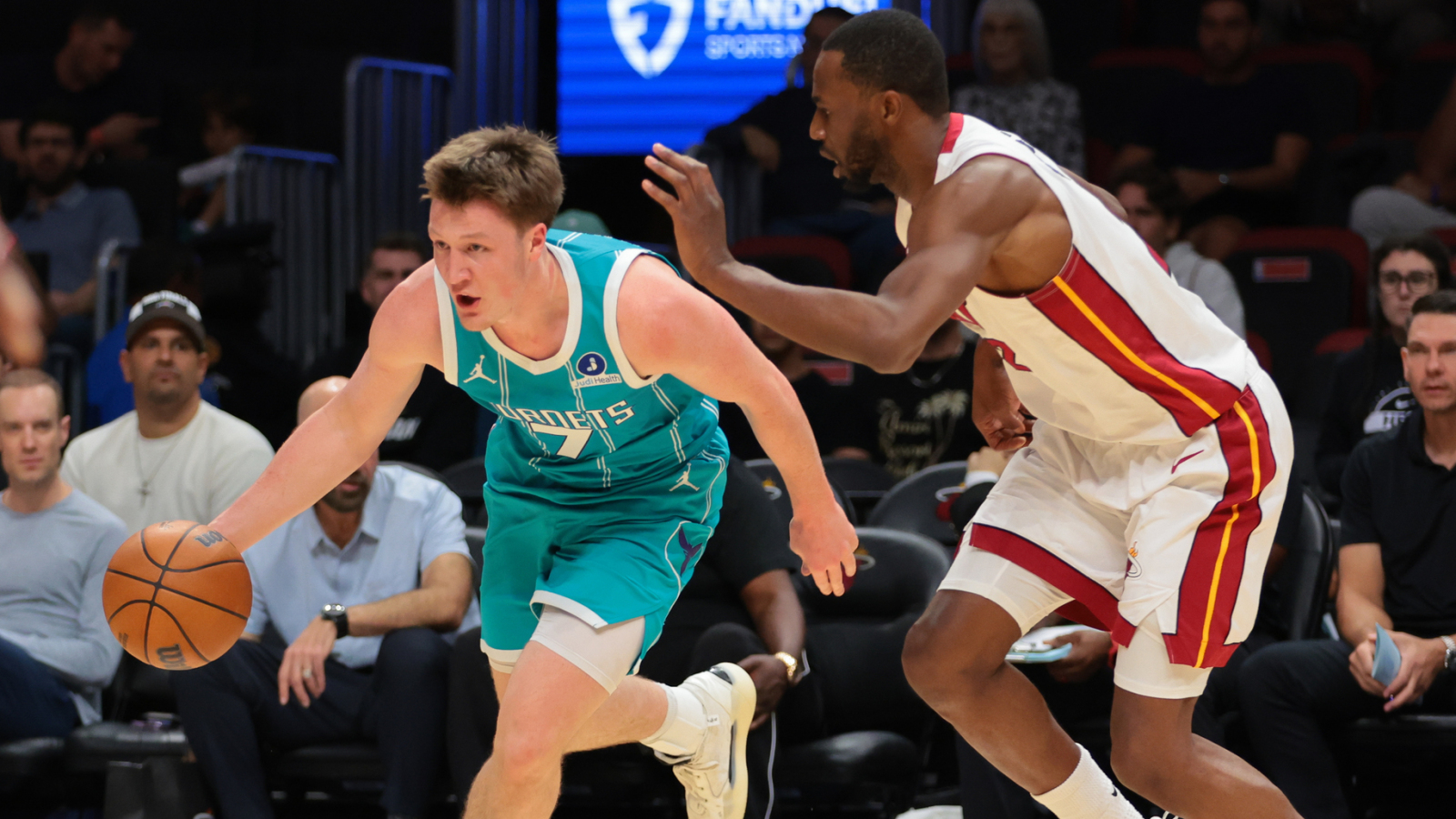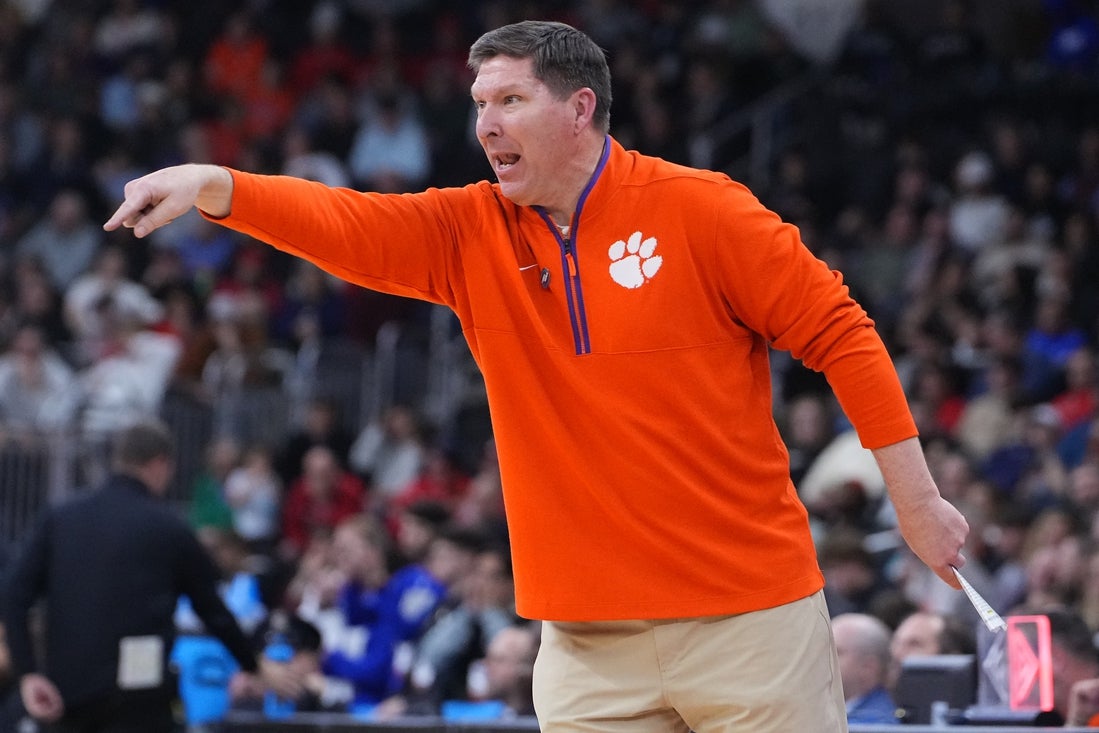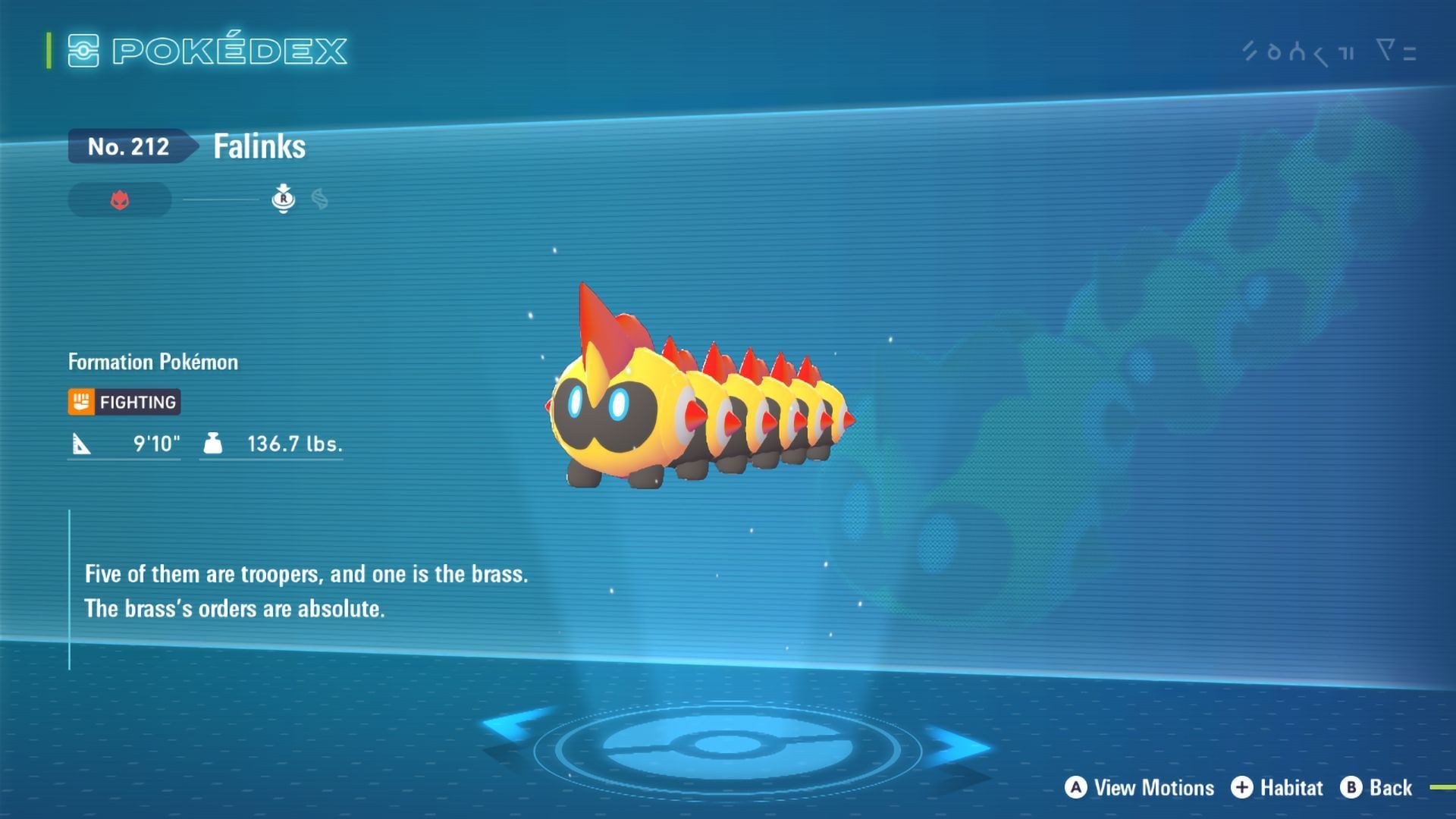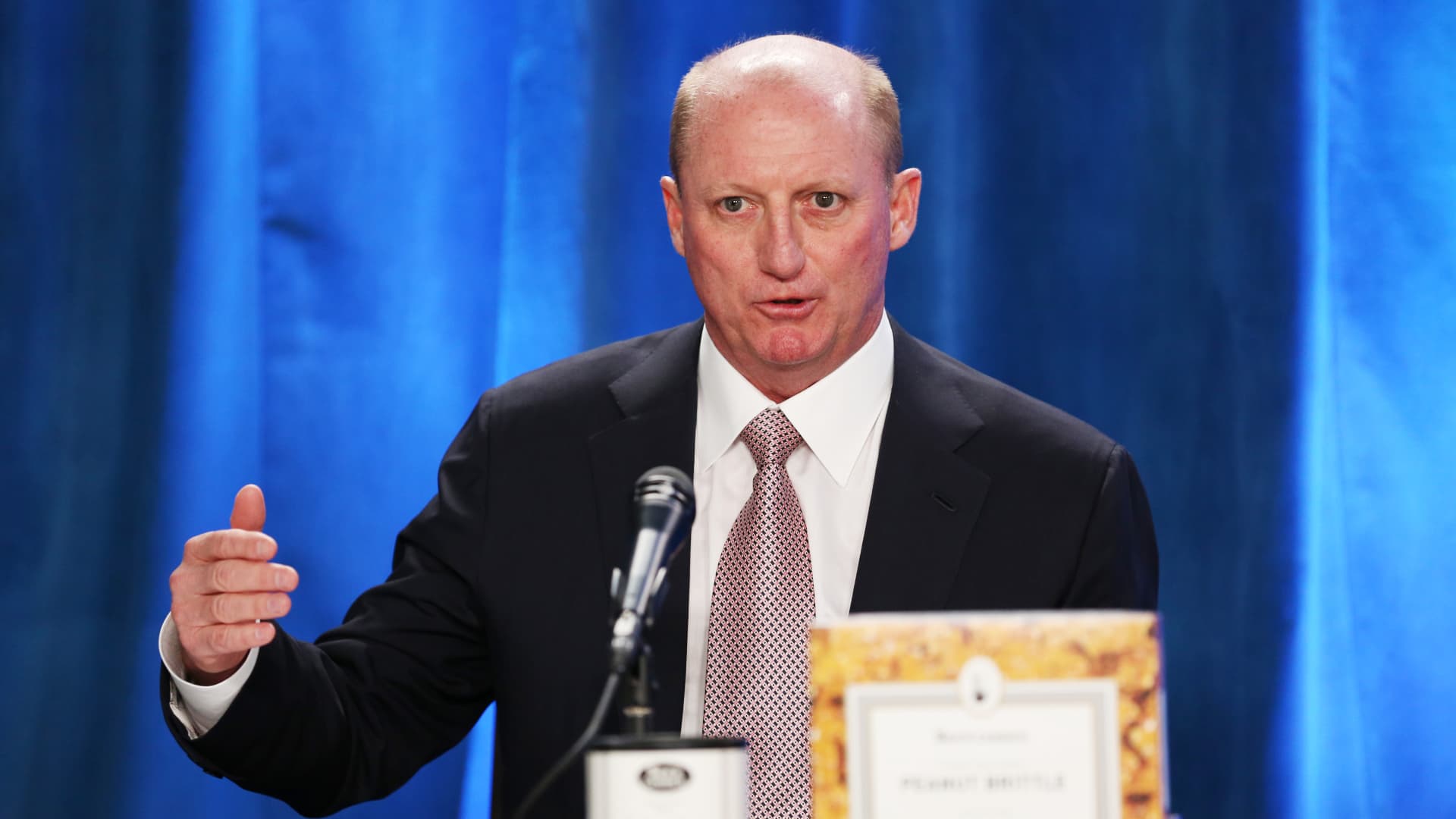The place looks very different these days, of course. For all the mounting frenzy, the churning anxiety in Milan at the prospect of a winner-takes-all derby unspooling over the next week, received wisdom has it that both are playing for a silver medal. Whoever wins, the overwhelming favorite for the final will be whichever team emerges from the meeting of Real Madrid and Manchester City in the other semifinal. Unfeasible as it would have seemed in 2003, Italian soccer is an underdog now.
Pioli, though, is undaunted. Economically, the teams of Serie A can no longer compete with even the small fry of the Premier League: Milan found itself outbid by Bournemouth, no less, when both were chasing the Italian midfielder Nicolo Zaniolo in January. Italy’s shine has faded, and its power has dimmed. This Milan is not a reprise of the glory days when Serie A towered over the world, but something closer to a requiem for them.
“But when that is true, you have to be innovative,” Pioli said. “With ideas, with quality of work.” Necessity, he said, has been the mother of invention. “It has become an undervalued championship, in my mind,” he said. “There are lots of different ideas, different styles, lots of confrontations with teams and coaches who have different systems of play or how they interpret games.”
That, in turn, has helped the new breed of Italian teams — their squads diminished, perhaps, from the days when they acted as a roll-call of global superstars — to begin to make up for the financial shortfall.
They may not have the best players any more. They may not have the luster they once did. In the bright, harsh light, a team as grand as A.C. Milan might even come to look like a minnow. But they have, Pioli said, a “knowledge” rooted in the variety of challenges they encounter domestically, one that means they are “prepared” for whatever Europe can muster.
“Calcio has suffered for a few years,” he said. “But now it is ready to be a protagonist again.”


